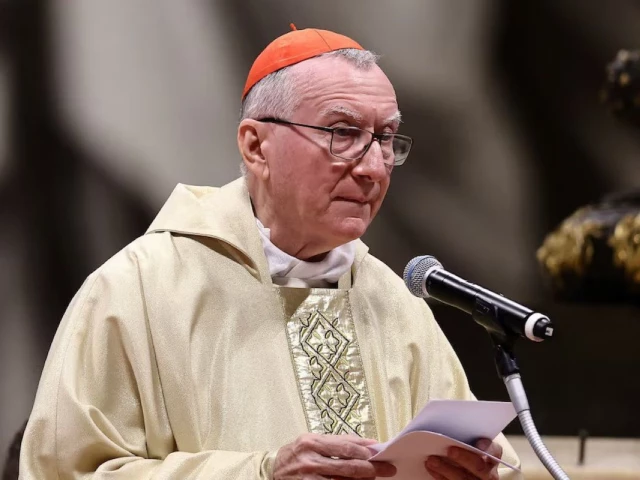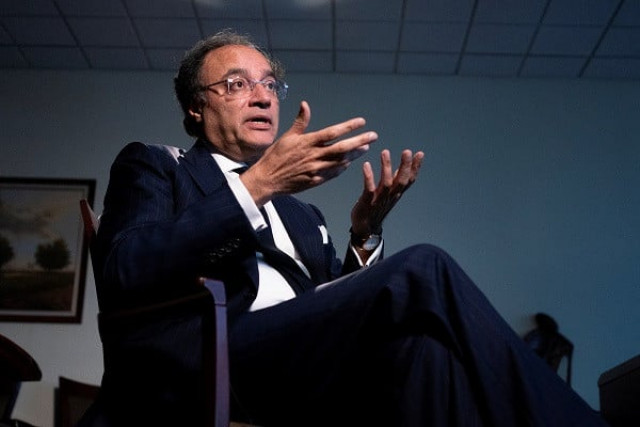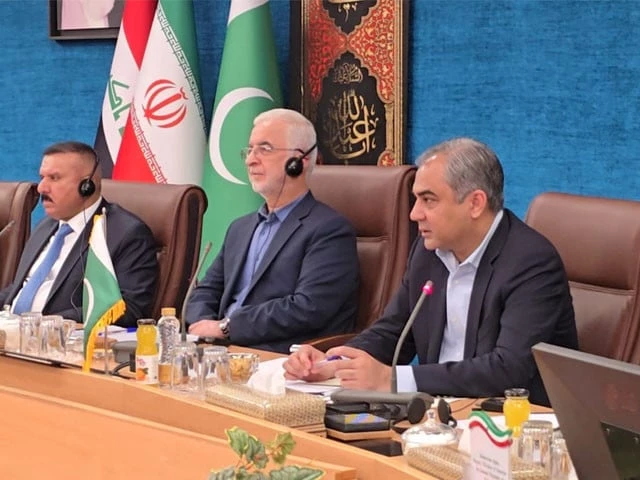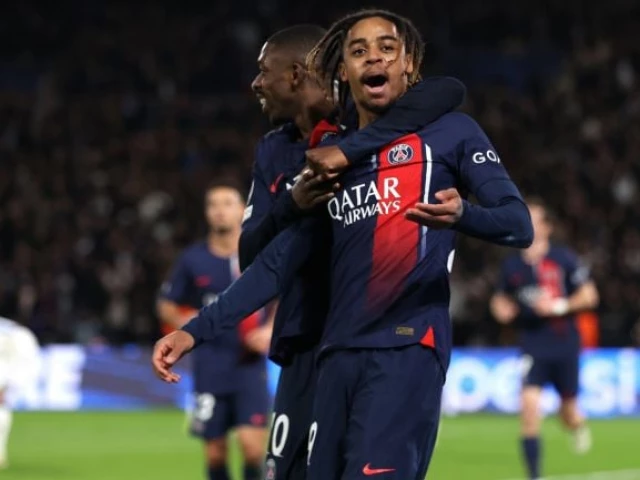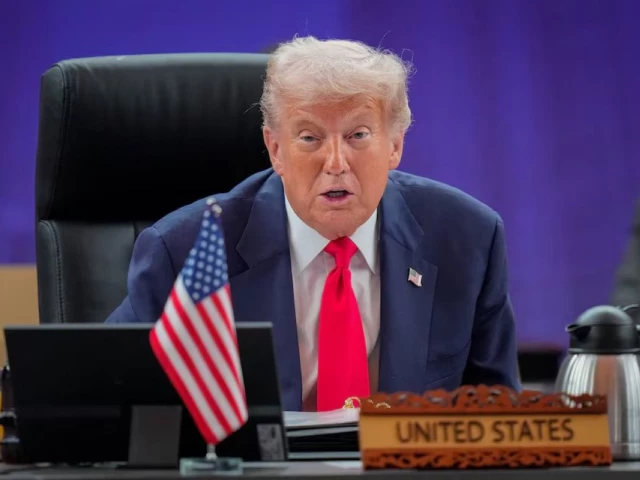The Vatican’s Bold Stance on the Gaza Crisis: What It Means for Global Peace
In recent news, the Vatican has made headlines with its strong condemnation of Israel’s actions in Gaza. Cardinal Pietro Parolin, the Vatican’s top diplomat, didn’t hold back in an interview marking the anniversary of the Hamas attacks on Israel. Describing the situation as an “ongoing massacre,” Parolin emphasized that while nations have the right to defend themselves, even in wartime, actions must adhere to the principle of proportionality.
His comments have resonated globally, especially given the staggering humanitarian toll reported in Gaza. With over 67,000 casualties, primarily civilians, the call for a ceasefire and humanitarian aid has never been more urgent. Parolin’s reflection that the international community seems “powerless” to intervene highlights a significant challenge in global diplomacy today. We’re caught in a web of complex political dynamics, and many are left wondering about the cost of inaction.
The criticism wasn’t solely directed at Israel. Parolin specifically called for Hamas to release remaining hostages, addressing the human element in this conflict that too often gets overshadowed. While the Israeli embassy responded, suggesting there’s a deeper moral distinction between the two parties, it’s clear that both sides have civilians bearing the brunt of this violence.
This incident opens a window for broader discussions on how we, as global citizens, can advocate for peace and support humanitarian efforts. As discussions heat up, it becomes crucial for us to not just be passive observers but to actively seek solutions that prioritize human welfare over political agendas.
In an age where news cycles shift quickly, it’s essential to stay informed and engaged. Organizations like Pro21st are dedicated to fostering conversations that matter, encouraging individuals to think critically about current events and their implications. Join the conversation and explore how we can work together for a more peaceful future.

